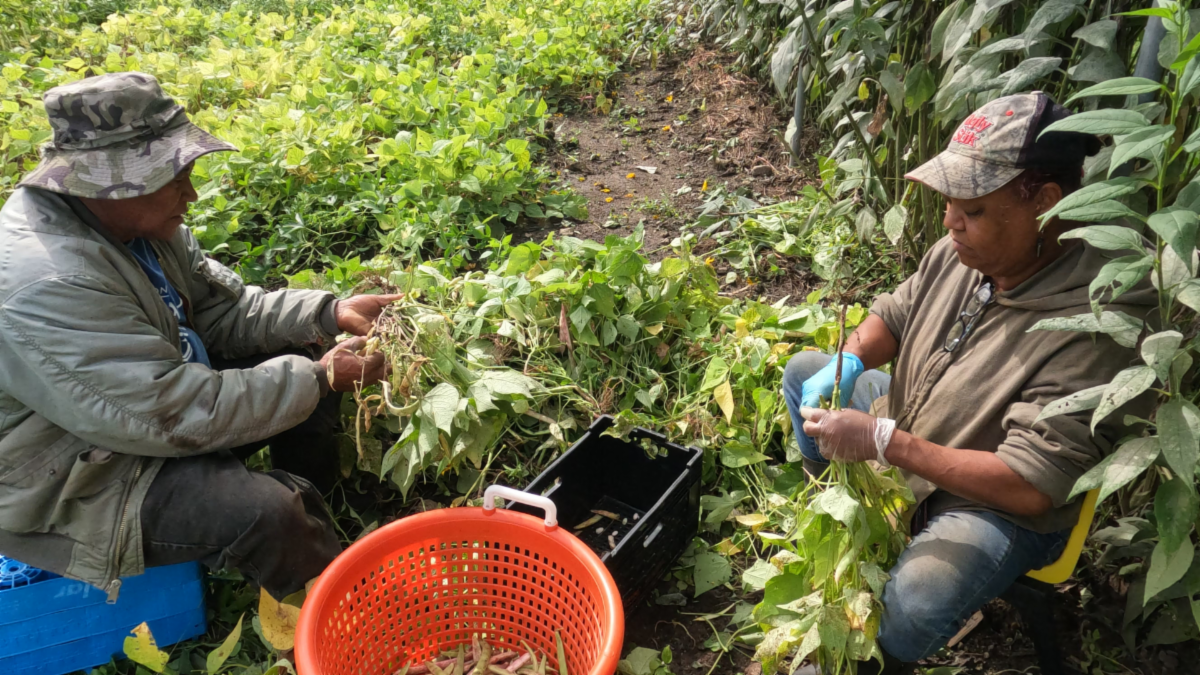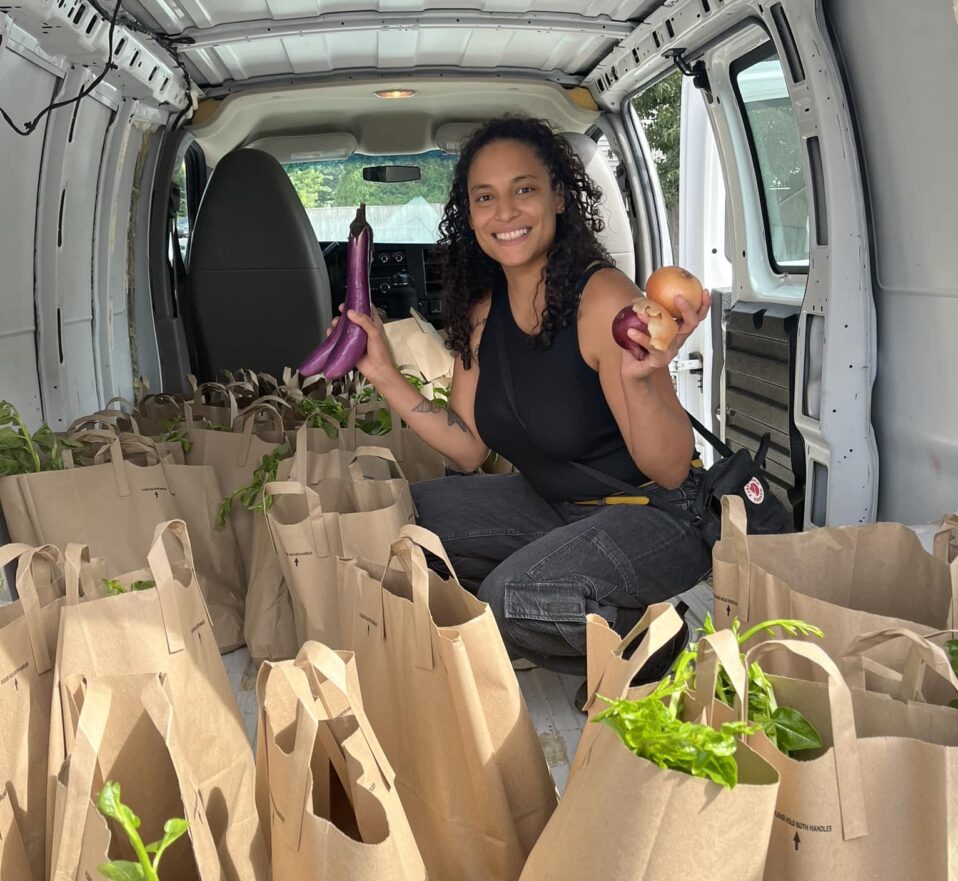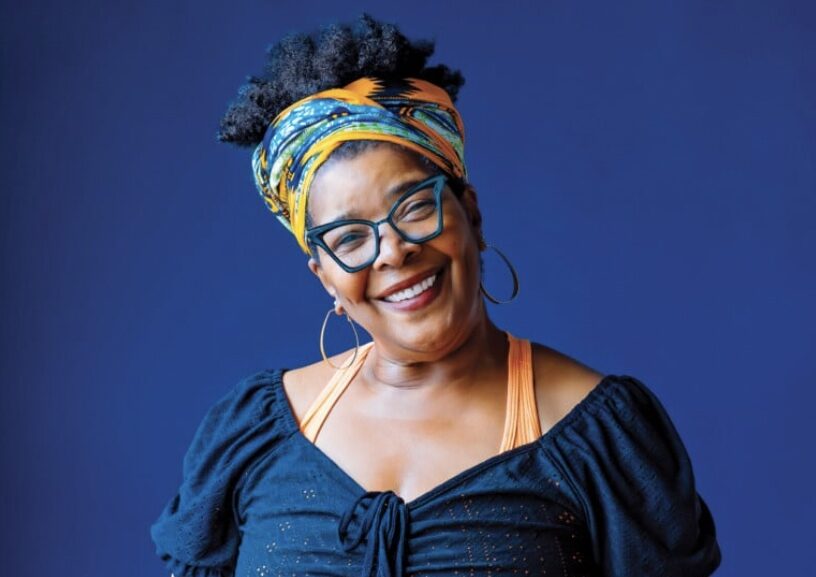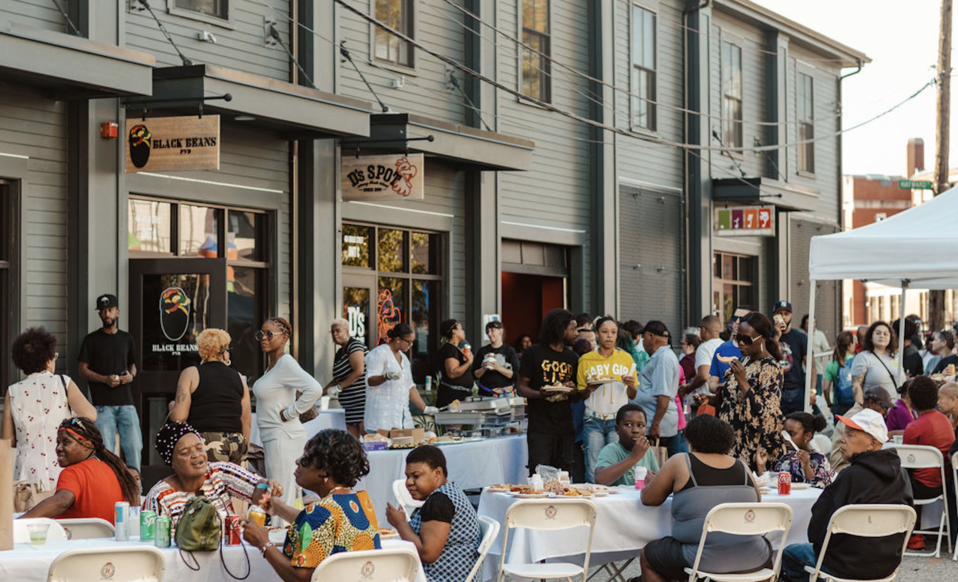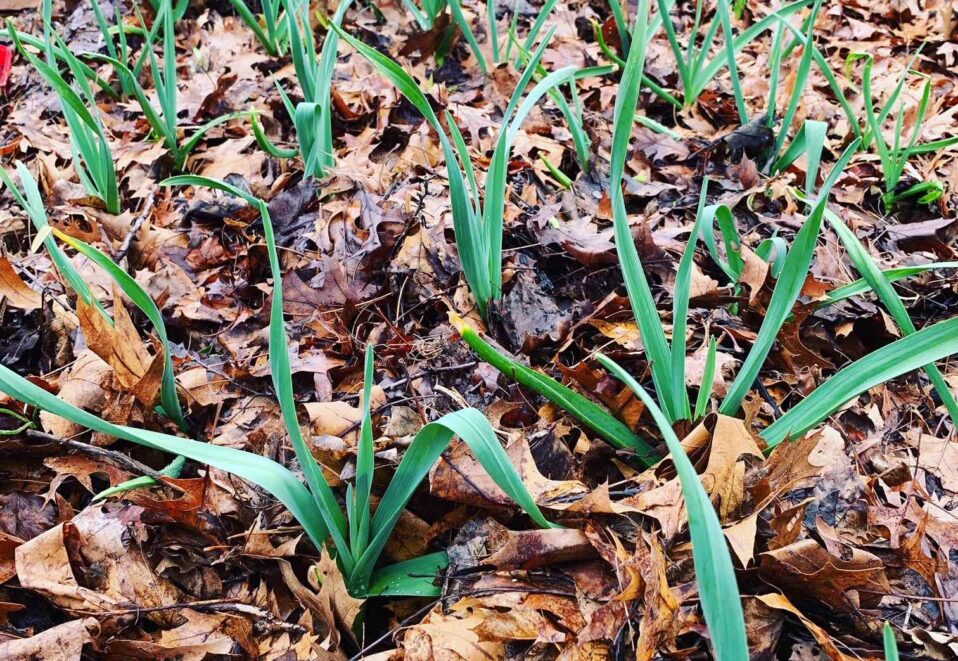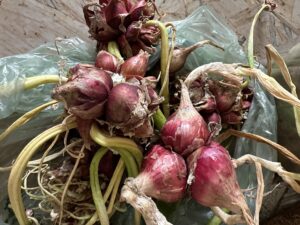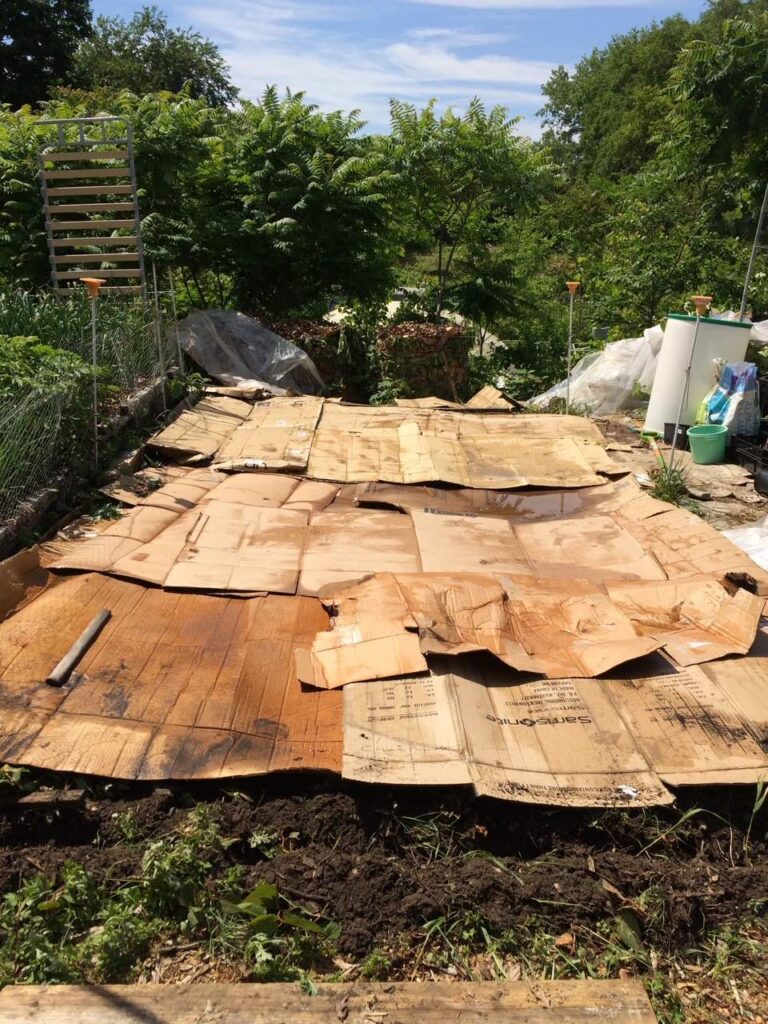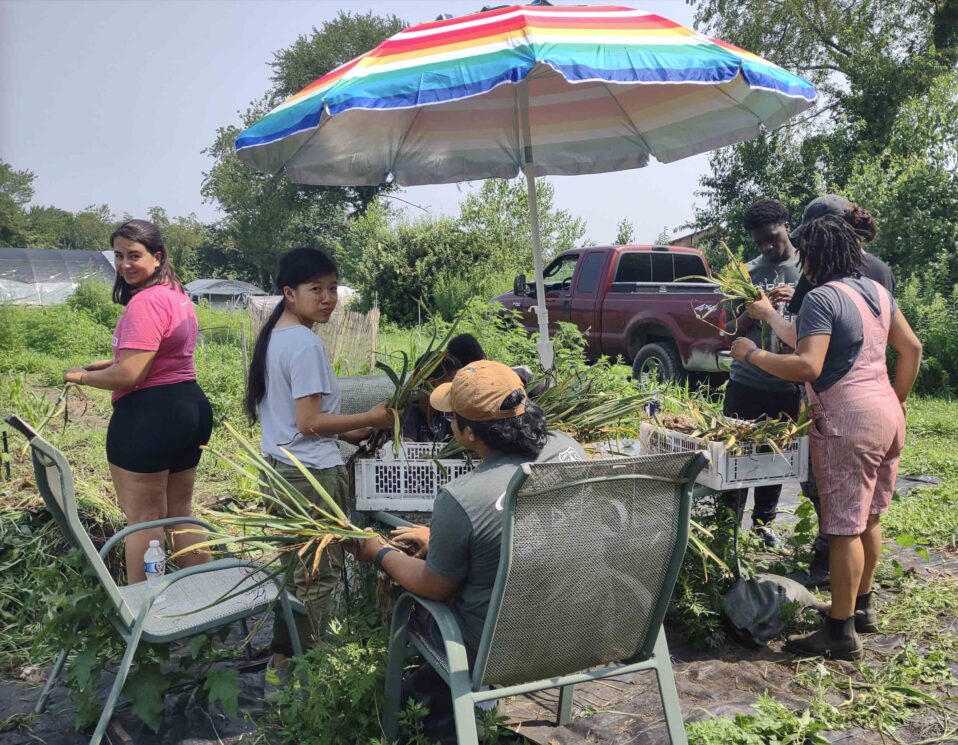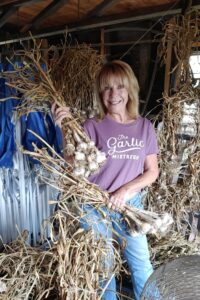[This article was reprinted from RI Monthly]
November 17, 2023
By Lauren Clem
Since their inception in 2021, the Christiana Carteaux Bannister Awards have recognized individuals delivering change to all areas of Rhode Island life, from education and the justice system to government and the medical field to advocacy and the arts. This year is no different, with a diverse range of winners recognized for their efforts to create a more equitable Rhode Island where all individuals might grow and succeed. 
It’s a class worthy of its namesake, the inimitable Christiana Carteaux Bannister, whose accomplishments left a lasting legacy on all she touched. Whether through her business savvy as a salon owner; in the experiences of the elderly women of color who lived in the home she helped found; in the work of her husband, artist Edward Mitchell Bannister, whom she supported; or in the descendants of those they sheltered as part of the Underground Railroad, Bannister’s work lives on in Rhode Island today.
So, too, does the work of our Bannister Award winners in reimagining the state for a new generation. By honoring Rhode Island’s past and empowering its present with a new framework on which young visionaries might thrive, this year’s class carries on Bannister’s legacy to create a world in which everyone is responsible for ensuring equity, and the smallest among us can lead the way toward a just future.
JUDGES: Larome Myrick, executive director, Division of Youth Development, Rhode Island Department of Children, Youth and Families. Dr. Pablo Rodriguez, chief executive officer, Nuestra Salud Productions. Hannah Ross, assistant director for community engagement, Rhode Island Philharmonic Orchestra and Music School.
_________________
Raffini
When young people join Southside Community Land Trust’s youth employment program, they learn how to tend crops, manage an urban farm and turn produce into nutritious meals. But they come away from the experience with so much more.
“I’m trying to teach people to respect themselves, to take care of their families and their communities. I’m trying to teach a different way than other people are,” says Raffini, director of youth programs for SCLT.
That inclination started young. As a child growing up in Pawtucket and South Providence, Raffini recalls tagging along at eight years old to hand out flyers for her mother’s activism work.
“My mom used to say, ‘Hold your head high. Don’t bow down,’” she says.
Later, she learned to advocate for herself and found her place in the arts. As a young, single mother, she enrolled in a word processing course at OIC of Rhode Island, located where CCRI’s Liston Campus is today. A chance meeting in the cafeteria landed her a role in a play. She never went on to do the type of secretarial work the course prepared her for, but she did find a lifelong love of theater and performed for ten years with the Rites and Reason Theatre at Brown University. The historically African American theater was founded by George Houston Bass, personal secretary to Langston Hughes, and it develops new creative works exploring the experiences of the African diaspora.
For the next twenty-five years, she shared her love of the arts with students as a teacher at the UCAP School and in various projects and special programs. She is also a founding member of the Rhode Island Black Storytellers, performing the traditional African art form for audiences around the state. In 2019, Raffini joined the staff at SCLT as the director of youth programs. Her work empowers young people to look at life through a different lens by passing on cultural heritage and helping them establish a place in the community.
“I really believe that our young people don’t love themselves, and that’s why it’s so easy for somebody to take somebody’s life or disrespect somebody,” she says. “I want them to love themselves so they can now love somebody who looks like them and turn that love into their community. Start to take care of your families and your community. Don’t wait for somebody else to do it.”
In 2015, she founded Violet’s Village, now housed at SCLT, a free summer camp for South Providence children ages five to thirteen. The program, named for her mother, teaches the history of the African diaspora through the arts and gardening. The program honors her mother by helping students develop cultural pride.
“She made a serious impact when she was here, and she gave me something to carry with me,” she says.
According to a co-worker who submitted the nomination, Raffini practices what she preaches and will continue to impact Providence’s young people for many years to come.
“She is determined to leave the world a better place than when she found it. Through her activism, advocacy and action, she has changed countless lives during her lifetime, and she shows no signs of slowing down anytime soon.”
# # #
Photograph by Dee Speaks
Read about the other Bannister Award winners in the full RI Monthly article here.
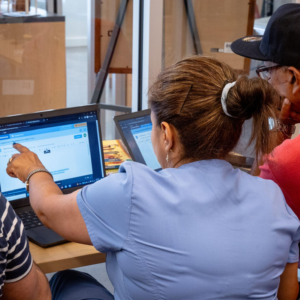 Nine farmers and gardeners in SCLT’s network recently completed a six-week Technology Basics course, gaining practical skills to help navigate daily digital life. This training series was made possible through a partnership with the Providence Public Library (PPL), which supplied a laptop for each participant and instructors who could give focused support to learners.
Nine farmers and gardeners in SCLT’s network recently completed a six-week Technology Basics course, gaining practical skills to help navigate daily digital life. This training series was made possible through a partnership with the Providence Public Library (PPL), which supplied a laptop for each participant and instructors who could give focused support to learners.
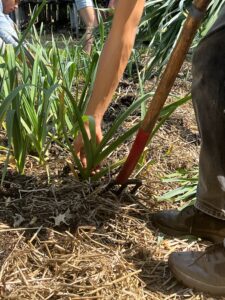
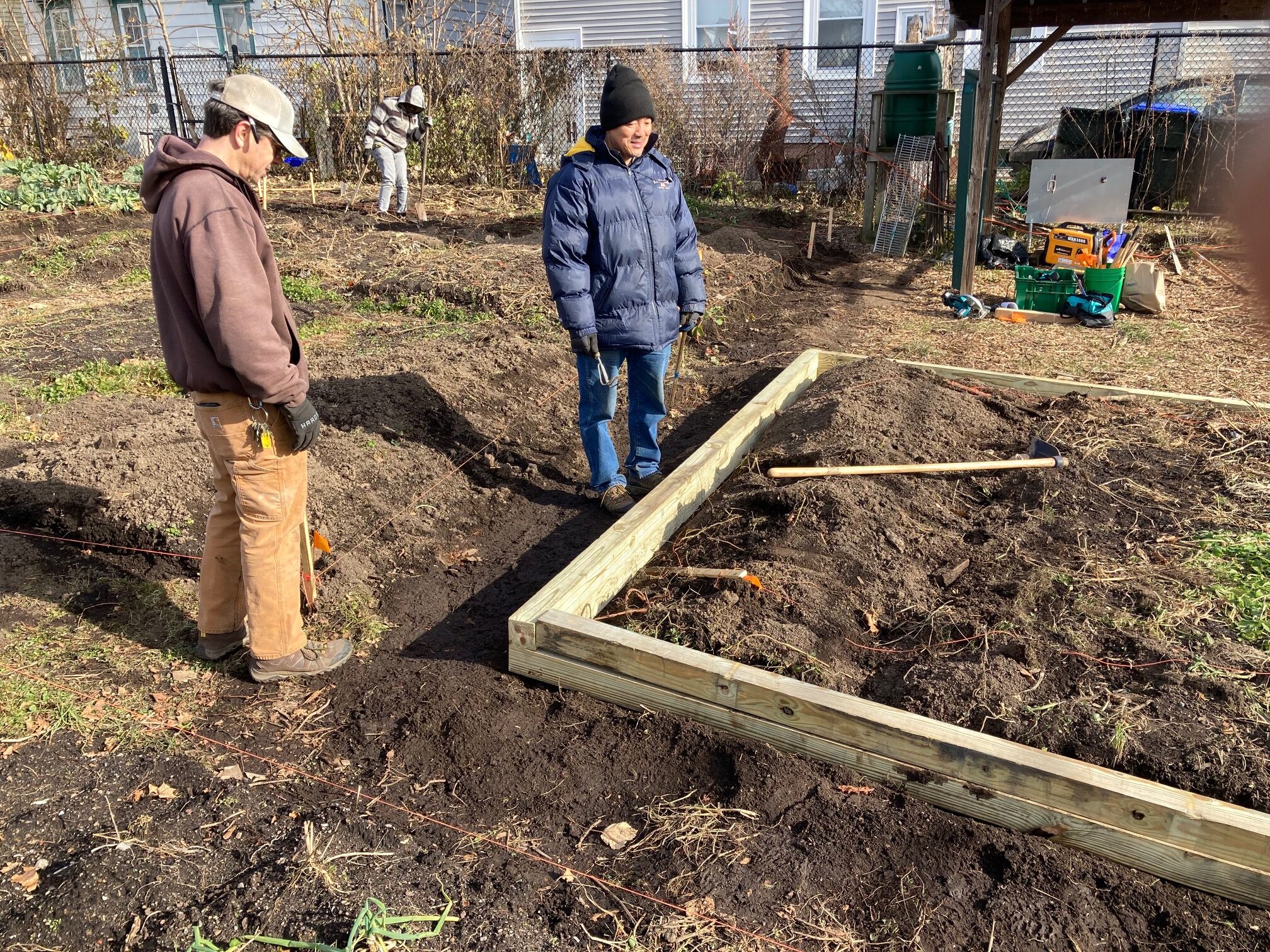
 Backed by our Burnett Community Garden and neighbored by residences and an elementary school, Greenwich Garden this winter received its first major facelift since SCLT established the green space in 2011. Led by Andrew Cook, Community Garden Network Director, and Blong Yang, Garden Network Associate, the project brought together SCLT staff, Greenwich gardeners, and volunteers from partner organizations who got their hands dirty to help make important improvements to the busy garden.
Backed by our Burnett Community Garden and neighbored by residences and an elementary school, Greenwich Garden this winter received its first major facelift since SCLT established the green space in 2011. Led by Andrew Cook, Community Garden Network Director, and Blong Yang, Garden Network Associate, the project brought together SCLT staff, Greenwich gardeners, and volunteers from partner organizations who got their hands dirty to help make important improvements to the busy garden.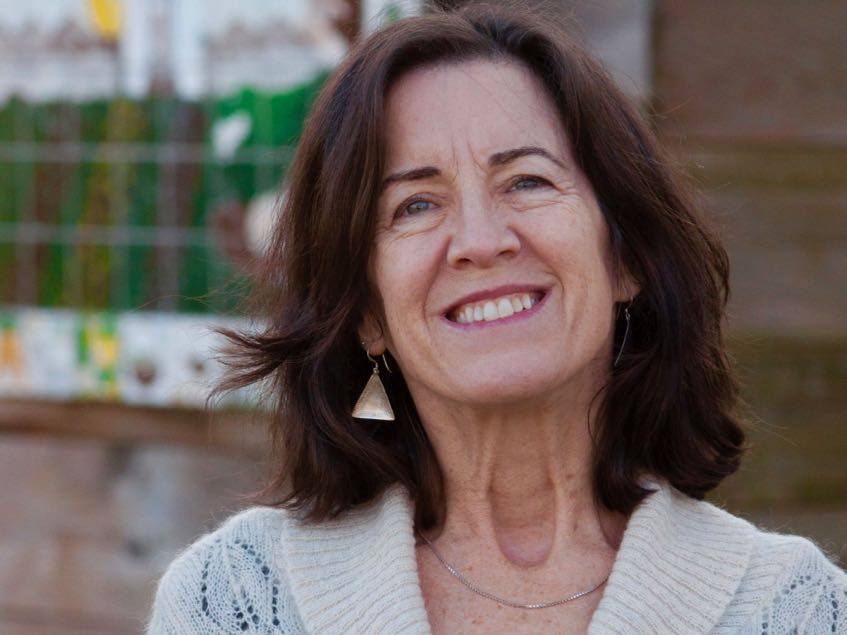 We bid farewell to
We bid farewell to  In January, SCLT welcomed Marcel De Los Santos to the role of Grants & Communications Manager. Marcel brings 15 years of development experience, including grants management, multimedia communications, and stakeholder engagement. With a particular passion for food security and a record of working with diverse audiences, Marcel is committed to developing opportunities for others. Marcel supervises SCLT’s Federal Grants Coordinator
In January, SCLT welcomed Marcel De Los Santos to the role of Grants & Communications Manager. Marcel brings 15 years of development experience, including grants management, multimedia communications, and stakeholder engagement. With a particular passion for food security and a record of working with diverse audiences, Marcel is committed to developing opportunities for others. Marcel supervises SCLT’s Federal Grants Coordinator 

